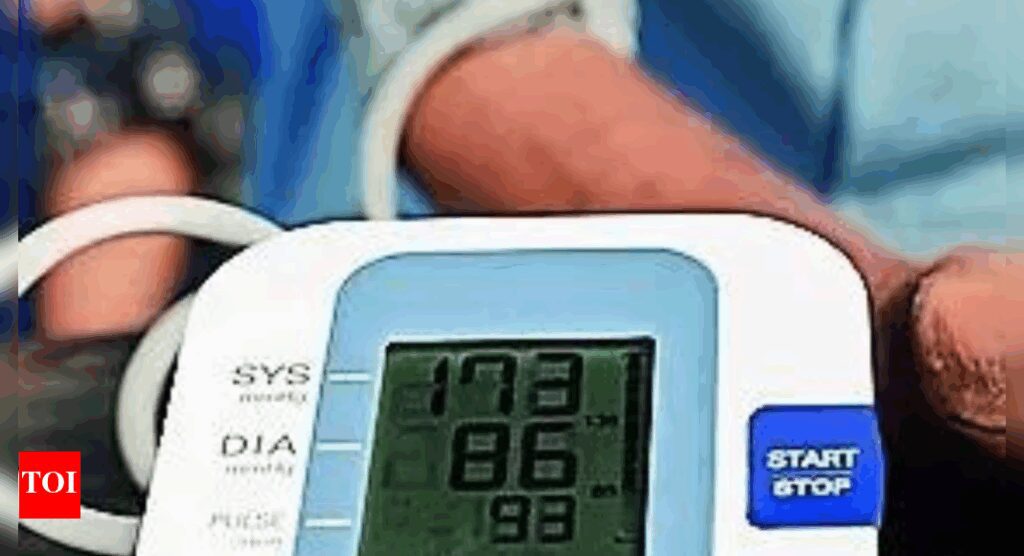Pilot Study Highlights Health Issues Among Truck Drivers
NEW DELHI: A pilot initiative aimed at identifying challenges faced by truck drivers across six states—Uttar Pradesh, Rajasthan, Madhya Pradesh, Maharashtra, Karnataka, and Tamil Nadu—revealed that more than half of the surveyed drivers have vision impairments. Additionally, over 44% were found to have a borderline or above Body Mass Index (BMI), and approximately 57% showed elevated blood pressure levels.
Over the last year, “Project Abhay” screened a total of 50,713 truck drivers. This project was developed by the Centre for Rural Development & Technology (CRDT) of IIT-Delhi in collaboration with Foresight Foundation and received support from the road transport ministry. Road transport minister Nitin Gadkari presented the findings and actions taken to address these issues on Tuesday.
The screening results indicated that about 55.1% of truck drivers experienced compromised vision, with 53.3% needing distance correction and 46.7% requiring near-vision correction. Through the project, drivers were provided with spectacles on-site, ensuring that 93.7% of those with refractive errors received immediate corrections. The report emphasized that improved vision significantly reduces the risk of road accidents, thereby contributing to safer highways and more efficient logistics.
Health screenings also revealed that 44.3% of drivers had a borderline or elevated BMI, while 57.4% had high blood pressure levels. Furthermore, 18.4% of the drivers displayed borderline or high blood sugar levels. Drivers were offered advice for lifestyle modifications, including dietary changes and stress management, with urgent cases referred for further medical attention.
In terms of mental health, around 33.9% of drivers reported experiencing moderate stress, with 2.9% indicating high stress levels. The project established dedicated mental health counseling desks, providing drivers with resources such as Tele-MANAS, which offers 24/7 tele-mental health services.
During the report release, Gadkari stated that the government is dedicated to enhancing India’s logistics sector by improving the welfare of truck drivers, promoting sustainable fuels, and integrating advanced safety technologies. He also mentioned plans to transition 80% of India’s truck fleet to CNG or LNG to reduce logistics costs and environmental impact.
Furthermore, Gadkari highlighted the shortage of manpower in the trucking industry, noting that India has only 75 drivers for every 100 trucks, resulting in a deficit of 2.2 million drivers. This shortage contributes to road accidents, as the country lacks driver shift systems comparable to those in Europe. He pointed out that approximately 10,000 fatalities annually are caused by trucks.


